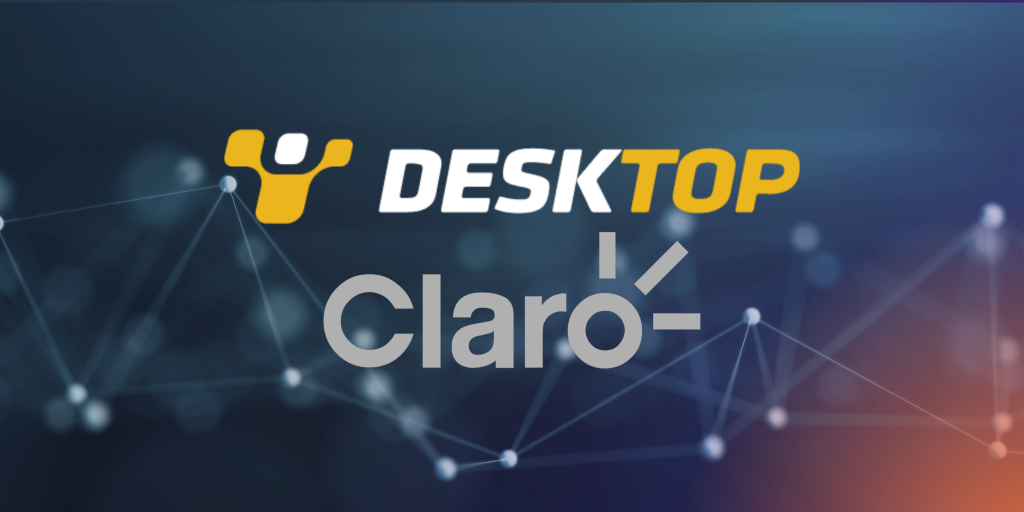A study conducted by FGV’s Center for Technology and Society revealed an alarming fact.
Among 17 platforms analyzed, only LinkedIn and TikTok transparently disclose what data they collect from people who do not even have accounts on their platforms.
The lack of clarity around this process shows how the boundary between users and non-users has become blurred in the digital age. Even without direct consent, our data can be analyzed, correlated, and used for advertising, artificial intelligence, and behavioral modeling.
This practice raises a central question: how can we protect ourselves in an environment where data collection happens silently and continuously?
According to the 2025 National Data Protection Survey, led by experts in governance and privacy, 41% of professionals in the field state that data protection is still treated as a low priority in corporate strategies.
In other words, many organizations continue to react to incidents instead of adopting a preventive stance.
Yet it is precisely in prevention that true digital maturity lies.
Companies that treat privacy as a pillar of governance reduce risks, strengthen institutional reputation, and build trust with clients and partners.
Three practices can help mitigate risks and foster a culture of data protection:
- Mapping and controlling the data lifecycle – understanding where information resides, who has access, and for what purpose it is processed.
- Transparency and clear communication – informing users, clients, and employees about data use and purpose is more than just legal compliance; it is a credibility strategy.
- Awareness and leadership engagement – top management must integrate privacy into business strategy, turning it into an organizational value.
Technological progress is inevitable, but the ethical and responsible use of data is a choice.
As legislation evolves and new AI tools expand the reach of automated collection, organizations must take an active stance on data governance, ensuring security, compliance, and trust.
Data protection is not just a regulatory requirement.
It is a matter of corporate responsibility, reputation, and digital sustainability.


